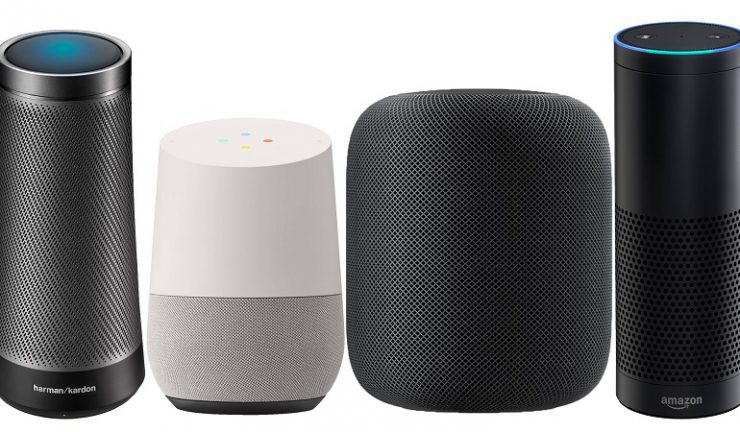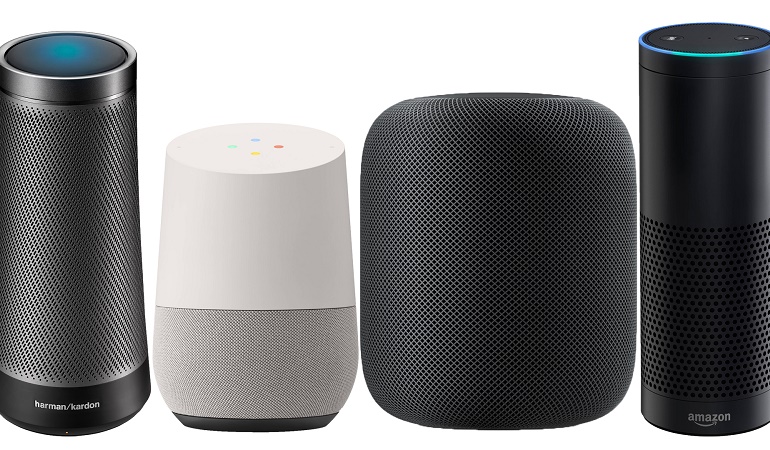How does $7.9 billion sound?
The benefit of voice technology has catapulted consumer home automation from the fringe to the mainstream. Smart speaker sales were valued at $7.9 billion in 2018, according to global research firm, IHS Markit. And global penetration of smart speakers into homes with broadband is forecast to increase from 5.7% in 2017 to 73% in 2023.
Some of the big jump in global smart speaker penetration rates can be attributed to form-factor innovations, IHS Markit analyst Blake Kozak said. “Manufacturers are now starting to add voice capabilities to everyday devices, embedding microphones in household goods, including routers, TVs and TV remotes, light switches, smoke detectors and premium home audio devices.
“Echo Dot, Google Home Mini and other entry-level smart speakers have greatly contributed to the overall growth in the category. Companies like Alibaba in China have followed suit, offering huge price discounts for its Tmall Genie smart speaker, leading to massive increases in household penetration in China,” he said.

For digital assistants, the smart speaker is only the first foray into the connected home. As growth rates normalise, form factors will shift. Digital assistants will become even more embedded throughout the home, from light switches and TV set-top boxes, to the entertainment and navigation systems in the family car, Kozak said. “These specialised assistants embedded throughout the home and beyond, will lend themselves to edge-based natural-language processing, affording a better, more enhanced user experience.”
As smart speaker growth began to wane across North America in 2018, partnerships helped reduce stagnation. For example, ADT partnered with Amazon, which increased awareness and interest in smart speakers. By comparison, Vivint took smart speakers to the next level, offering free Google Minis with the company’s security-monitoring subscriptions. The significance of smart speaker partnerships, especially with professional security monitoring, is the increased opportunity for smart speakers to penetrate more households than they could in the past, including Generation X households.
“Although residential alarm monitoring and other historically conservative sectors have started to embrace smart speakers, builders and developers could move the needle even faster. Smart speakers are a good way for home builders to differentiate their offerings from those of competitors, offering network-friendly homes with mesh Wi-Fi, smart HVAC, lighting, audio and video,” Kozak said.

